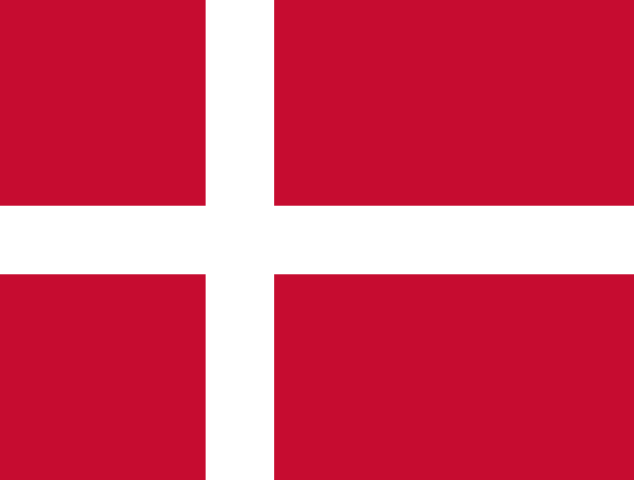This should be interesting: The third-largest party in Denmark’s parliament after the recent elections (full story➚) — the center-right “Venstre, Liberal Party” — will be trying to run the government with only 19% of the seats.
The second-largest party, the socially right-wing (and economically left-populist) Danish People’s Party (DPP), will not join a coalition. One of the most frightening things about the Danish People’s Party, given their monstrously exclusionary social and racial politics, is how absurdly good at politics they are. They don’t just do well in elections by running on demagogic populism against immigrants and Muslims, they’re not just supremely polished, and they don’t just know which economic buttons to push; no, they also know how not to lose, which is harder.
Refusing to co-rule, even when they probably could, is a great way to never expose yourself as incompetent and unready for primetime before you actually run the government:
So far, [party leader Kristian] Thulesen Dahl has declined to commit, saying only that he is after “influence” rather than “power.”
[…]
Mr. Thulesen Dahl and his party are maneuvering carefully to avoid the fate of right-wing parties in other Nordic countries. In Norway, the D.P.P.’s sister party suffered heavy losses after becoming members of a right-wing coalition government. For a party that built its appeal by claiming to represent the “people” against the “system,” it is hard to wield power without being perceived as part of the establishment that voters rejected. Therefore, Mr. Thulesen Dahl wants to pull the strings without being seen to do so, just as his party did during the first decade of this century.
Per that influence versus power scheme, the DPP plans to vote on a case-by-case basis, according to The Guardian. So that will be really unstable:
Denmark has a history of minority coalition governments – the defeated centre-left administration of prime minister Helle Thorning-Schmidt depended frequently on Liberal support over the past four years. However, itis be more than four decades since a cabinet had fewer seats,: Liberal leader Poul Hartling held office from 1973-75 with only 22 but his administration lasted just 14 months.
[…]
“It is very likely that an election will be called before the four-year period is over,” Martin Larsen, a political commentator from Copenhagen university, told Reuters. “On average, one-party governments sit for two-and-a-half years.”
The right of center parties (including DPP) collectively have only one seat more than 50% so this is basically a permanent nightmare for governance. It also, in practical terms, means that the Social Democrats — the main center-left party, which finished first but too isolated to form a government — will likely be forced to support the center-right government on very unpopular proposals. This means the main center-left and center-right parties will both be rapidly losing popularity in the voting public together, without much to show for it, and the constantly looming threat of a very early election.
It seems to me that there’s a good chance that in 18 months to 2 years, there will be another election, and that time and the Danish People’s Party will finish first and take control of government in Denmark.



